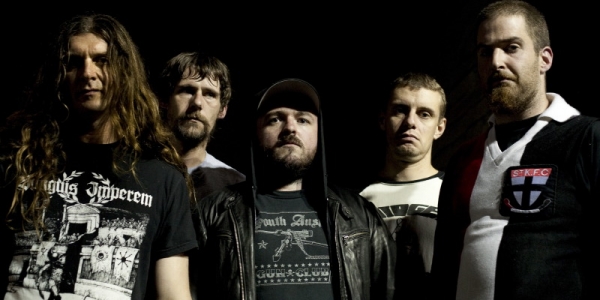“I just love playing live,” Saritah says enthusiastically. “It’s when you get to share that magical moment with the audience. You give them a heap of energy, they give it back, and it cycles around – it’s that oneness that I really thrive on. That’s what got me into this in the first place, being inspired as an audience member. I aspire to inspire that in others.”
With far more time spent on stage than in the studio, Dig Deep is only her third studio album in a career spanning nearly ten years. Recorded in California with Mario Caldato Jnr (whose eclectic resume includes Beastie Boys, Manu Chao, Jack Johnson and Beck), the album was written in the farthest corners of the globe. “Recording in Santa Cruz came about because my manager is based in there,” she explains. “When the time came, we had visions of this album – the who, what and where – and all roads led to there. He hooked up the studio, the engineer, the musicians, and the producer we worked with. It was a big leap of faith on my part because I didn’t know a lot of the people involved but I know my manager and he really does share my vision. We made an amazing album and I’m really glad we did it all this way.”
Lyrically inspired by her journeys, asking Saritah where she truly considers to be home is met with a standard, couch-surfing answer. “I live in Melbourne and that’s home; I’ve been there for about four years,” she begins. “But really, honestly, I feel at home wherever I am as long as I’m with good people and can eat good food and can check out the local vibe and culture and nature. I’m really inspired by the places I travelled to. Among them recently, I went to Canada, Korea where I was born and I wrote a song in a shack in Mozambique. For me lyrically, it’s all about being positive, about being a good influence on this Earth for the time you’re here.”
As soon as that type of rhetoric enters into a conversation the cynics switch off and no matter how unpretentious and genuine Saritah is, channelling global concerns into music can lead to implications that the musician is just preaching to the choir. Saritah’s experience has been more positive than that but even she has her own doubts on occasion. “I don’t experience [any negativity] too much but that’s probably due to the people I surround myself with in my life,” she says. “I do think that more than ever, people in different walks of life are realising the importance of being conscious about what we eat and that every decision we make has an impact on the planet. It’s no longer just a small segment of society that cares about these things. We all make judgements as human beings and it surprises me sometimes when I’ll be playing a gig and someone who I’d never think would enjoy my music comes up to me and tells me that my music has helped them through something hard. Sometimes, we play in places where people drink a lot of alcohol and I think, ‘Is this message even getting through? These people have just drunk so much’. So now I really try to play in places where the message will get through and I think it works.”
BY KRISSI WEISS







